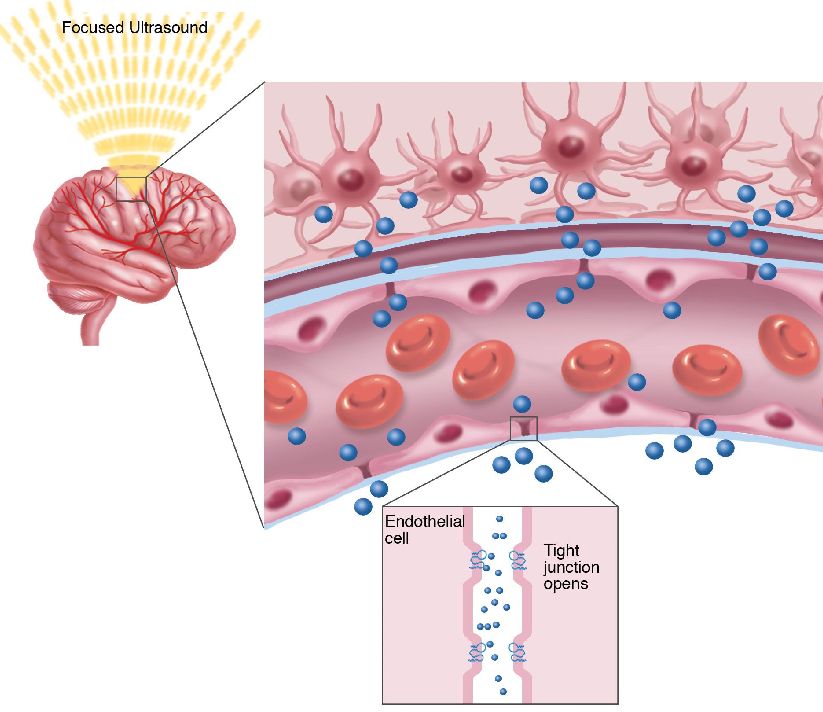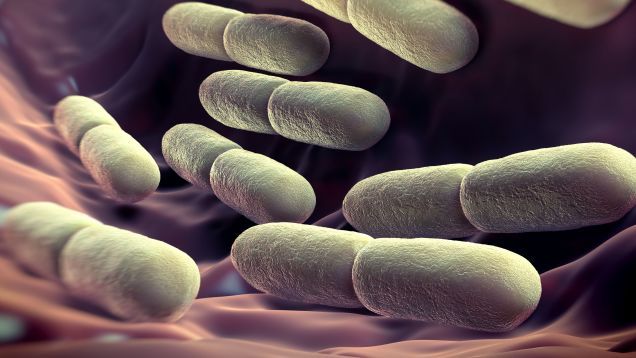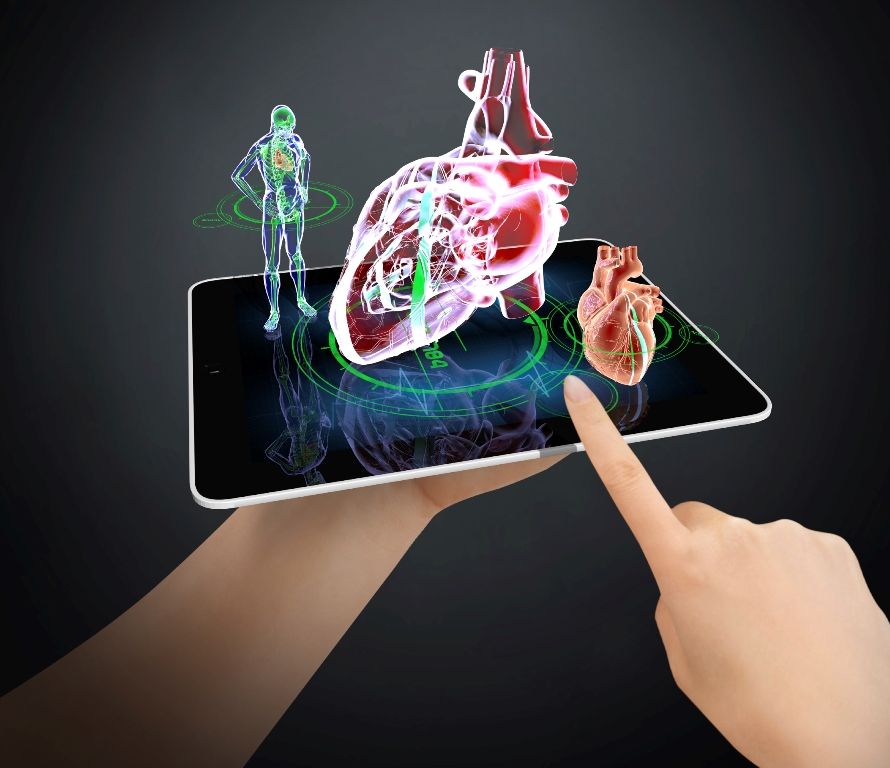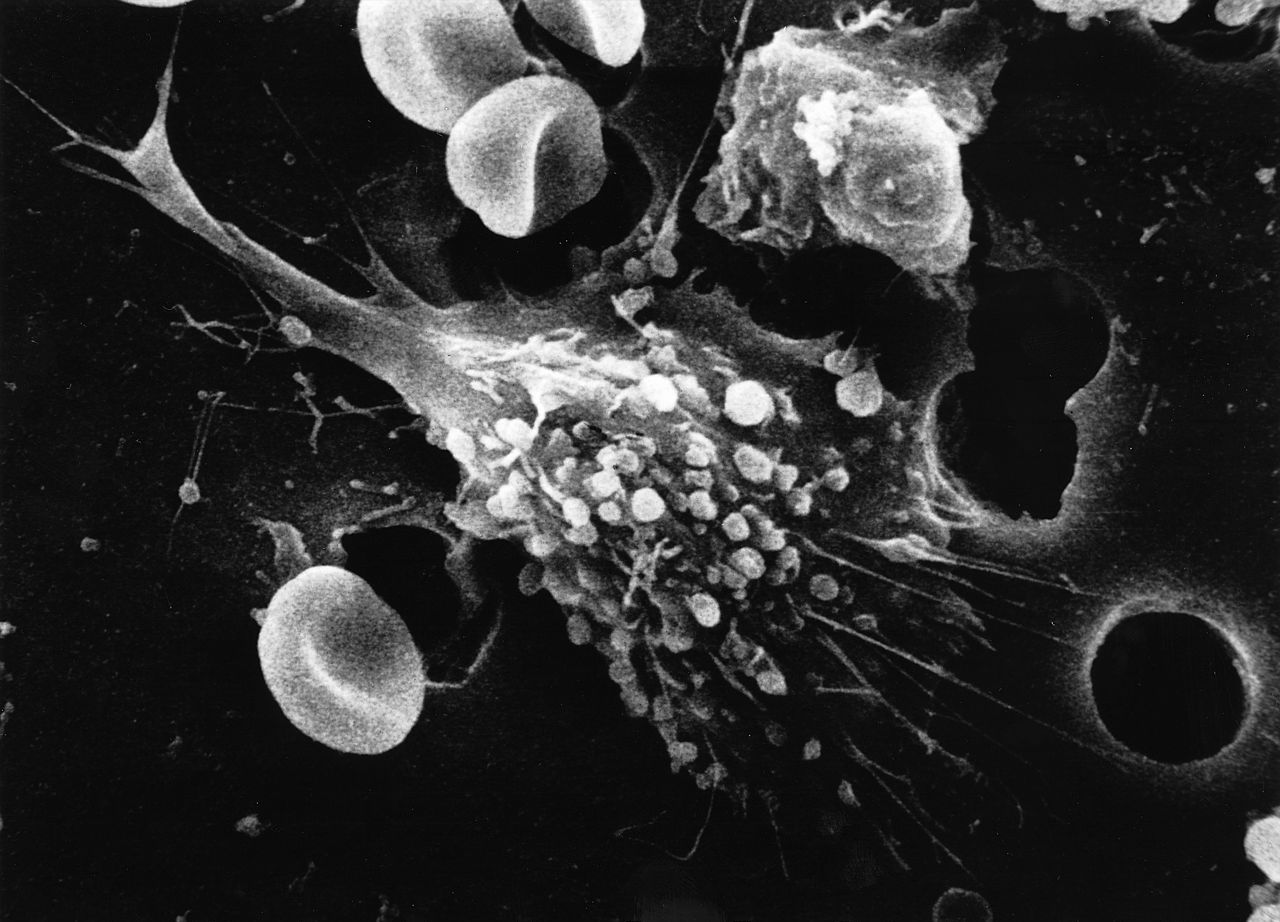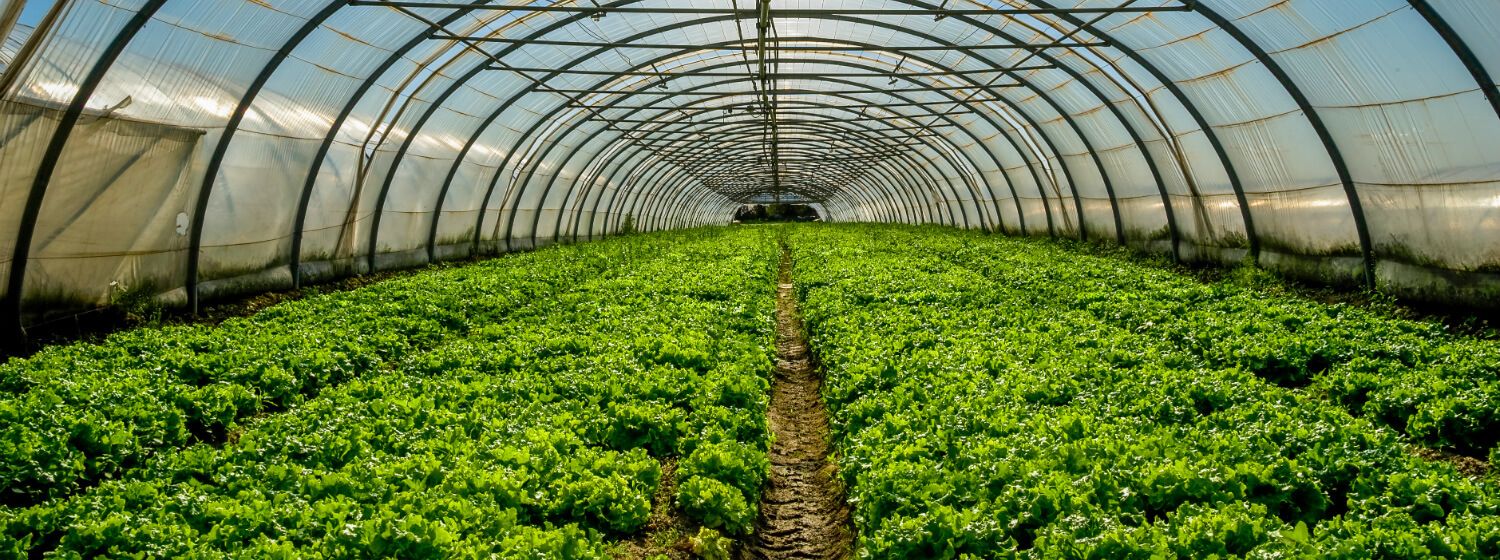You’ve got the Lamborghini and the Learjet, the houses and quite possibly the palaces; Erdem designs your dresses and you’ve got heaps of diamonds. What next? Well, adornment can only take you so far: what good is that Lech heli-skiing pad when your knees are shot? What’s the point in building a multibillion-pound business when you’re unwittingly courting a heart attack? As technology evolves ever more rapidly, ultra high net worth individuals are turning their attention inward, investigating how to stall the ageing process, and spending serious money to load their dice against death.
Across the road from Harrods sits Omniya clinic, a calm, contemporary white space amid the hustle of Knightsbridge. At street level it is a luxuriously reimagined pharmacy, whose curated selection includes recent launches from Hollywood’s favourite ‘cosmeceutical’ brands Zo Skin Health and Dr Levy. ‘I wanted to create a place that brings the newest advancements in medical and regenerative health to London,’ says co-founder Danyal Kader, a former lawyer, radiant with bien-être. He was so depressed by the difficulty of finding the best medical treatment for his father, who suffers from a heart condition, that he decided to create his own one-stop conduit to wellness. ‘We optimise the lives our clients can lead, body, mind and soul.’ To this end, he has brought together a team of leading specialists who analyse the health of their clients in the most minute and sophisticated detail — a kind of space-age human MOT.
One of these is cellular ageing specialist Dr Mark Bonar. As his title suggests, Bonar is passionate about the very specific degradations that happen in the cells of the body as we age — and still more excited about the new ways he can use to slow such deterioration. Consider, for example, telomeres. ‘Telomeres are the caps on the ends of our DNA,’ Bonar explains. ‘A bit like the plastic on the end of a shoe lace, they prevent the ends from fraying. By measuring their length in the lab we can determine how well the body is ageing’ — for instance, if at 30, you show the wear and tear you’d expect in a 40-year-old. ‘The length can also inform you about your risk of various kinds of disease such as breast or bowel cancer.’

